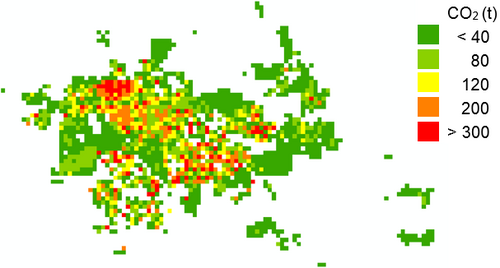Climate protection sub-concept Greifswald
| Partner | University and Hanseatic City of Greifswald |
| Duration | November 2015 to January 2016 |
| Contact | M.Sc. Kay Bareiß |
| Homepage | www.greifswald.de |
In the context of climate protection concept Greifswald has declared the task to reduce their greenhouse gas emissions until the year 2020 by 14% compared to 2005. The “climate-protection-plan” focuses on the gradual reduction of greenhouse gas emissions in heating, transportation and electricity. Especially in the heating sector energy savings were difficult to be implement in past. However the reduction of greenhouse gas emissions in the heating sector can be done in many different ways. Preliminary considerations have shown that coupling power and heat sector have considerable advantages versus the conventional cogeneration through the increased use of electricity from renewable sources for both areas. For this reason, in addition to the existing plan, a “climate-protection-part concept” has been applied. This concept investigates the adaptation of Greifswald’s district heating systems to the requirements of the municipal climate protection concept against the backdrop of Germany’s nationwide energy revolution. Under consideration of further predictions regarding the structural development of energy supply the aim of the study was to determine potentials to reduce greenhouse gas emissions in the heating sector on a scientific level until the year 2050. To give an answer to this question a coupled electric-heat model of Greifswald was developed. This model examines in particular the possibility of a flexible combined heat and power (CHP) using heat sinks and the use of renewable electricity for heat generation. The model is based on the model generator urbs, which is being developed at the department of Renewable and Sustainable Energy Systems.
